To provide the best experiences, we use technologies like cookies to store and/or access device information. Consenting to these technologies will allow us to process data such as browsing behaviour or unique IDs on this site. Not consenting or withdrawing consent, may adversely affect certain features and functions.
The technical storage or access is strictly necessary for the legitimate purpose of enabling the use of a specific service explicitly requested by the subscriber or user, or for the sole purpose of carrying out the transmission of a communication over an electronic communications network.
The technical storage or access is necessary for the legitimate purpose of storing preferences that are not requested by the subscriber or user.
The technical storage or access that is used exclusively for statistical purposes.
The technical storage or access that is used exclusively for anonymous statistical purposes. Without a subpoena, voluntary compliance on the part of your Internet Service Provider, or additional records from a third party, information stored or retrieved for this purpose alone cannot usually be used to identify you.
The technical storage or access is required to create user profiles to send advertising, or to track the user on a website or across several websites for similar marketing purposes.
 New research suggests that almost half (44 percent) of working carers in England and Wales, equivalent to around 1.6 million people, are struggling to cope with the pressures of balancing their work and caring responsibilities – and that a quarter (24 percent) have considered giving up their job entirely. These are the findings in a newly published report, titled “Supporting working carers: How employers and employees can benefit”, from the CIPD and The University of Sheffield. (more…)
New research suggests that almost half (44 percent) of working carers in England and Wales, equivalent to around 1.6 million people, are struggling to cope with the pressures of balancing their work and caring responsibilities – and that a quarter (24 percent) have considered giving up their job entirely. These are the findings in a newly published report, titled “Supporting working carers: How employers and employees can benefit”, from the CIPD and The University of Sheffield. (more…)







 New research on 2000 furloughed full time employees, suggests that a third of UK bosses are committing fraud and trying to ‘cash in’ by seeking to abuse the Government’s Coronavirus Job Retention Scheme (‘CJRS’) since lockdown. According to the survey by
New research on 2000 furloughed full time employees, suggests that a third of UK bosses are committing fraud and trying to ‘cash in’ by seeking to abuse the Government’s Coronavirus Job Retention Scheme (‘CJRS’) since lockdown. According to the survey by 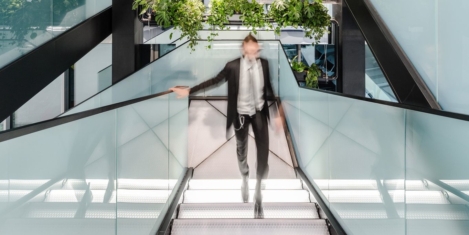



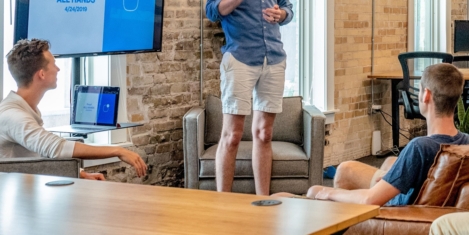


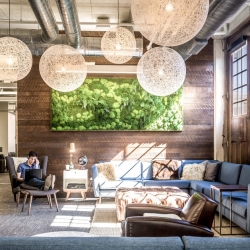


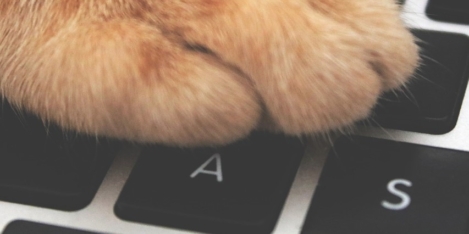
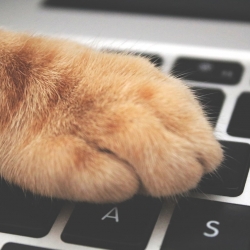

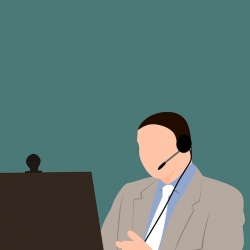
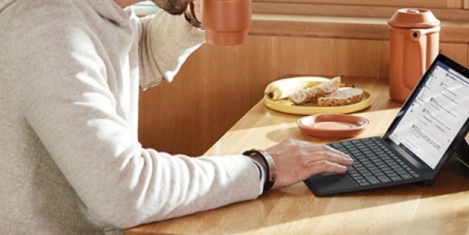
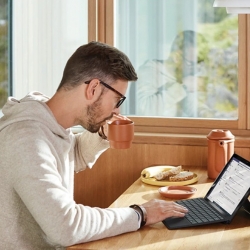











June 15, 2020
Wellbeing for remote workers should not be lost in translation
by Brendan Street • Comment, Flexible working, Wellbeing